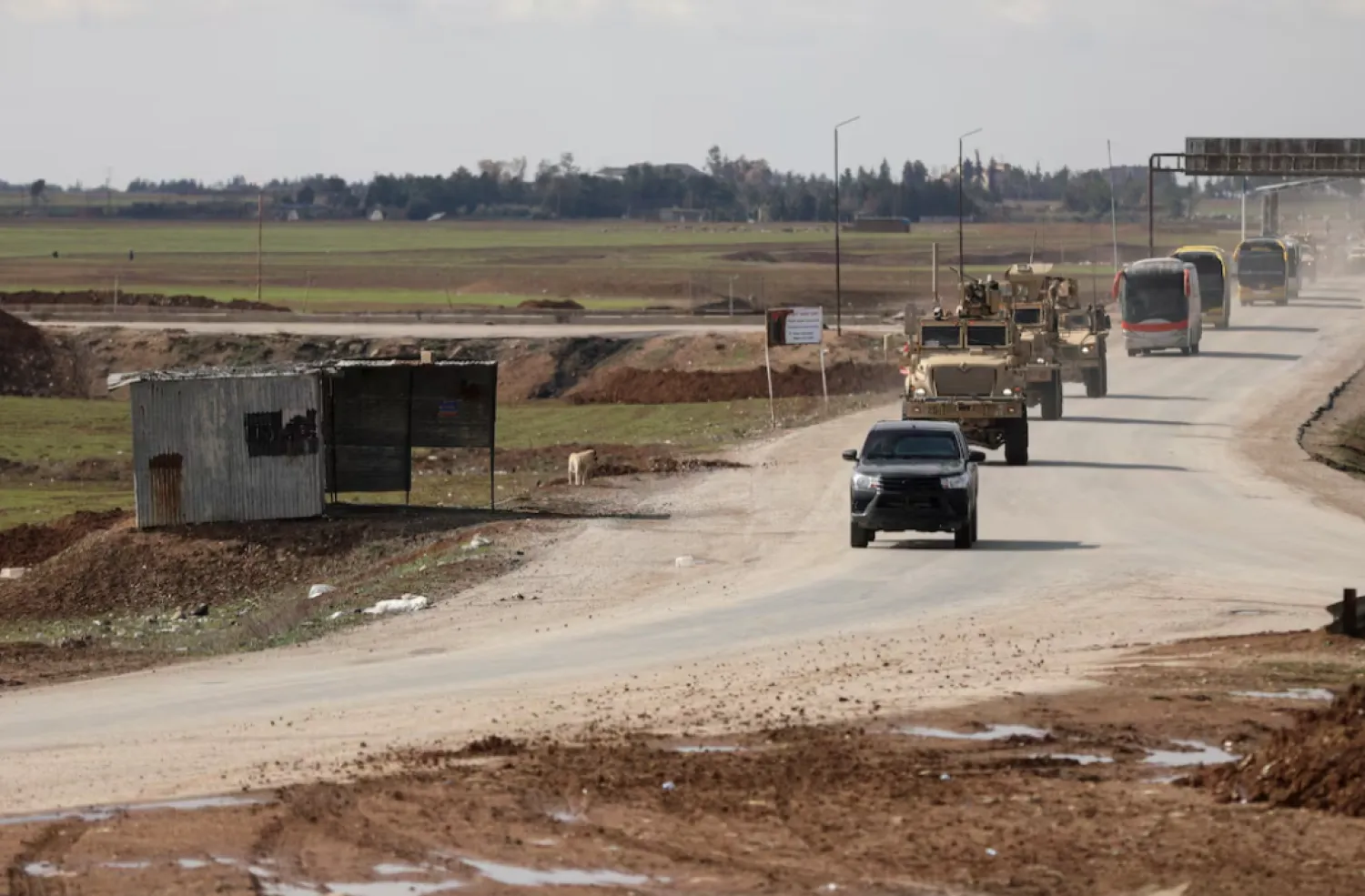The dispute over Ethiopia’s Grand Ethiopian Renaissance Dam (GERD) returned Sunday to the frontline after Cairo held Addis Ababa responsible for the failure of the latest round of talks to reach an agreement on the operation of the dam.
Cairo’s position was backed by Gulf countries, which refused any action that infringes upon the rights of Egypt and Sudan in the Nile waters.
An Egyptian Foreign Ministry statement said Minister Sameh Shoukry briefed on Sunday his counterparts in the Gulf Cooperation Council (GCC) countries on developments regarding GERD.
This came during Shoukry’s participation in the joint consultative meeting with GCC foreign ministers in the Saudi capital Riyadh.
Foreign Ministry Official Spokesperson Ahmed Abu Zeid said Shoukry spoke with GCC countries on Ethiopia’s s uncompromising approach that disregards principles of good neighborliness, leading Egypt to suspend its participation in the negotiations.
Last December, Egypt announced the failure of a round of negotiations on GERD. The talks - held between Egypt, Sudan, and Ethiopia - were previously launched within the framework of the three countries’ agreement to accelerate the completion of the agreement on the rules for filling and operating the dam within four months.
At the time, Egypt’s Ministry of Irrigation said in a statement that the meeting held in Addis Ababa “did not yield any results due to Ethiopia's persistent refusal to accept any of the technical or legal compromise solutions that would safeguard the interests of all three countries.”
GERD has been under construction since 2011 on the Blue Nile, the main tributary of the Nile water.
During Sunday’s meeting in Riyadh, Secretary-General of the GCC Jassim Al-Bedaiwi affirmed that the water security of Egypt and Sudan is an integral part of Arab national security, expressing the Gulf countries' rejection of any action that infringes upon the rights of both countries in the Nile waters.
Dr. Amani El Taweel, director of the African Program at the Center for Al-Ahram Political and Strategic Studies, says the GCC support for Egypt will have a significant impact on the GERD negotiations.
She told Asharq Al-Awsat that the GCC rejection of any action that infringes upon the rights of Egypt in the Nile waters is a political message with implications on the Ethiopian administration.
She noted that Gulf countries have a political influence on Addis Ababa where they have large investments.









